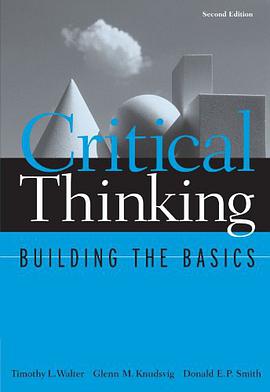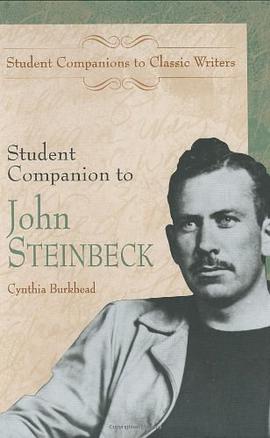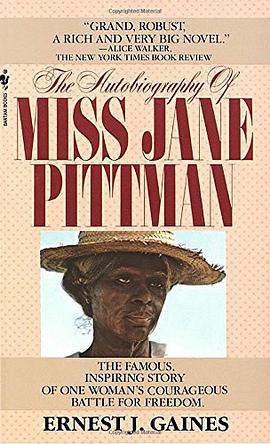

Churchill's techniques of government, as historians have long recognized, were distinctly unconventional. Energetic, self-confident and persuasive, he preferred to act outside official civil service channels when the stakes were high. In terms of foreign policy, summit diplomacy - the cultivation of personal contacts to achieve national objectives - was his preferred "modus operandi". At its best his direct intervention could be heroically successful, resulting, for example, in the entry of the United States into World War II. At its worst it failed utterly. Either way this was international politics at a level of high drama, and high risk. This text explores Churchill's predilection for direct diplomatic action from his first tentative involvement in 1908 until his retirement as Prime Minister in 1955. Its principal focus is the period 1945-1955, during which the full force of Churchill's personal diplomacy was directed at sustaining Britain's great power status - in relation to the Soviet Union and the United States - at a time when its own economic power was declining. In particular, as an elderly prime minister in his final term after October 1951, Churchill sought to revive with US President Eisenhower and with Stalin's successors in Soviet Russia the "Big Three" summitry he saw as the most effective means to forestall a nuclear holocaust and achieve a lasting peace. This study explores Churchill's personal political style. Based on a scrutiny of official documents and private archives in Europe and the United States, it seeks to break vital new ground both in terms of Churchill scholarship and the international history of the Cold War.
具体描述
读后感
评分
评分
评分
评分
用户评价
相关图书
本站所有内容均为互联网搜索引擎提供的公开搜索信息,本站不存储任何数据与内容,任何内容与数据均与本站无关,如有需要请联系相关搜索引擎包括但不限于百度,google,bing,sogou 等
© 2025 book.wenda123.org All Rights Reserved. 图书目录大全 版权所有




















